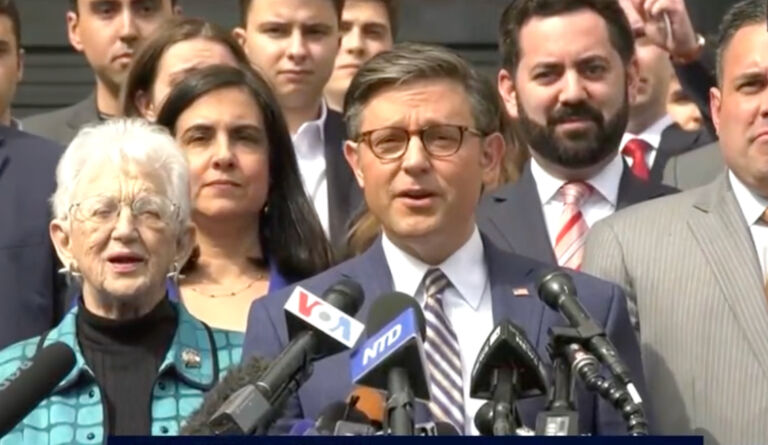Writing in the Wake Forest Review, Ryan Wolfe reports that:
Wake Forest University has an ideological diversity problem. After researching the party identification of 396 tenure-track, tenured, and teaching professors in the Undergraduate College using North Carolina’s Public Voter Search, the Review found that only 11 percent of professors at Wake Forest are Republicans or lean Republican. Several departments at the University had less than 11 percent, with only 2.3 percent of foreign language professors, 4.5 percent of humanities professors, and 4.65 percent of literature professors are Republicans or lean Republican.
He also provides excerpts from interviews he conducted with six of those conservative faculty members:
“Politics has replaced the pursuit of truth,” said a professor in the social sciences. “Ideology gets in the way of the pursuit of truth,” said a professor in literature. “It certainly lacks integrity to say I get to bring my political views to the table but someone else doesn’t,” said a professor in the humanities. Across the undergraduate college, political ideology is getting in the way of academic freedom and intellectual pursuits.
Professors said that there are questions that are not allowed to be asked and assumptions that are not allowed to be challenged for political reasons. “It’s such a flawed way to explore new ideas when you just rule out ideas as beyond the pale when half of the populous has these ideas and act like there are no replies to their own ideas. This is as debilitating to them [professors] as it is to their own students,” said a professor in the social sciences.
A different professor in the social sciences believes that this problem stems from intellectual arrogance, “The problem is that whenever you are on the liberal left, to some degree, you don’t really see conservative ideas as even valid or worth the time and effort to allow because you have a sense that you know more and you know better.” This arrogance creates what another professor described as an “ideological vacuum.” In this vacuum he described, professors do not acknowledge counter-arguments on issues or challenge their own assumptions. …
The professors who I interviewed all believe that it is difficult to solve the ideological diversity problem. This issue, as described by a professor from the social sciences, “comes from the bottom-up.” With a hiring pool that lacks conservatives, it would be extremely difficult for the university to reach statistical parity between Independents, Democrats and Republicans. With that in mind, these professors offered a range of options on how Wake Forest could move forward.
It seemed that there were two ways professors believed the university should move forward. The first was for ideology to be considered in the hiring process. One professor suggested that this could be accomplished if the Board of Trustees “take more aggressive action to make sure the university hires a more balanced pool of people.”
Other professors hoped that the University would take steps to make conservative faculty feel more accepted among their peers. A professor in the humanities hoped for a greater understanding of political and religious biases, saying “Just as wrong as it is to take someone’s skin color and based on that make a series of assumptions about where they are from, what their capacities they are,what opportunities they have, and how competent they are; it’s really dangerous to do that with someone’s perceived political or religious commitments.” A professor from the social sciences agreed. He said, “As an institution of higher learning, we need to be respectful and responsive to the concerns and frustrations of all persons, regardless of their political ideology. Only then will Wake Forest be truly inclusive.”


